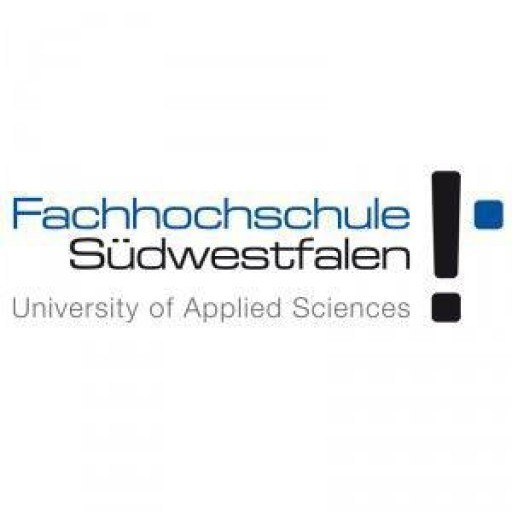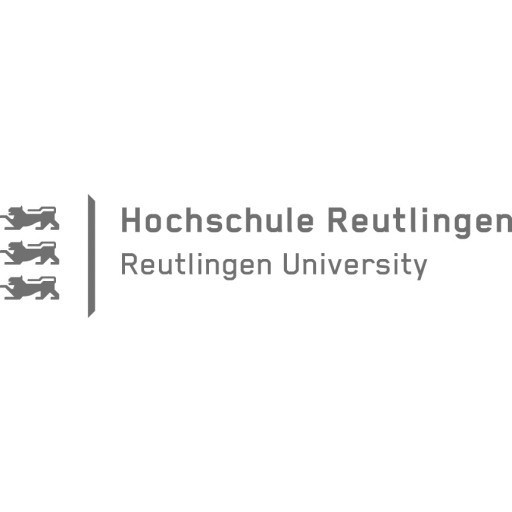The International Information Systems Management program at the University of Bamberg offers students a comprehensive education in the strategic and operational aspects of information technology within a global business context. Designed to prepare graduates for leadership roles in the rapidly evolving digital landscape, this program combines rigorous theoretical foundations with practical applications. Students will develop expertise in areas such as enterprise architecture, digital transformation, data management, cybersecurity, and project management, all within an international environment that emphasizes intercultural competencies and global business practices. The curriculum integrates core management principles with innovative IT solutions, enabling students to analyze and optimize complex information systems to support organizational goals. Through a blend of lectures, case studies, group projects, and internships, students gain real-world experience and the ability to adapt to diverse challenges faced by multinational companies. The program also emphasizes the importance of ethics, sustainability, and responsible digital innovation in today’s interconnected world. With access to modern facilities, expert faculty members, and a vibrant student community, participants will enjoy a stimulating learning environment that fosters critical thinking, problem-solving, and leadership skills. The International Information Systems Management program at Bamberg prepares graduates to pursue careers in consulting, IT management, digital strategy, and other roles that require a deep understanding of how information systems drive business success on an international scale. Upon completion, students will be equipped to contribute effectively to organizations navigating digital transformation processes, implementing innovative technological solutions, and leading change initiatives in a globalized economy.
The master program "International Information Systems Management" consists of six module groups.
A1: International Information Systems Management
Module group A1 focuses on international IS management. The topics range from IT value creation, optimization of IT-intensive business processes, management of IT-related changes via analysis of social networks and business intelligence and analytics to international innovation strategies and the management of international service companies. There are high degrees of freedom in the selection of the individual courses within the module group so that depending on the interests or the professional presentation, individual emphases can be set in the course.
A2: Business Informatics
In the events of this module group, students deepen their basic knowledge of business informatics and information systems. In the choice of the individual courses within the module group, there are high degrees of freedom, so that according to the individual presentation of the students' modules can be selected for in-house, modular or on-demand systems, energy-efficient systems, advanced application systems for data, information and knowledge processing or system development.
A3: Business Administration
In the module group A3 Business Administration, further modules from the module offer Business Administration of Otto-Friedrich-Universität Bamberg can be selected. With regard to the examinations to be passed, the Examination and Study Regulations apply, which applies to this study program. An overview of the concrete offer is provided in particular by the module handbook for the master's degree in business administration.
A4: Seminars
As part of the study, two master's seminars are attended. Here, specific questions of various branches of the management of international information systems are expanded and discussed.
A5: Internship in an international context
As part of the Master's program, a compulsory internship in the IT organization of a company or other institution with an international orientation must be completed. An internship report will present the results of the activity.
A6: Master thesis
As part of the Master's thesis, a topic from the field of International Information Systems Management will be dealt with independently using scientific methods. Further information on the selection of the topic of the Master's Thesis can be found in the Study and Examination Regulations (see section Regulations and Documents).
During the online application you need to upload the following documents:
- Proof of examination of the general or subject-related higher education entrance qualification
- Proof of a university degree (if the university certificate is not available at the time of application, this can be submitted later - but this does not apply to foreign applicants)
- Proof of study and examination achievements in the context of higher education (eg certificate, current grading overview, transcript of records or transcript of records) if applicable, certificates of further training measures
- For foreign applicants, additional proof of knowledge of German at least at level C1 and a copy of the identity card or passport
- If you submit foreign certificates as part of your application, they must be sent to the student office by post with an officially certified German or English translation.
The University of Bamberg offers a comprehensive financing framework for students pursuing the International Information Systems Management program. Tuition fees are structured to be accessible and in line with the university’s commitment to providing high-quality education. For international students, the semester fee, which includes administrative costs and a public transportation ticket, is approximately €150-€180 per semester, with specific variations depending on the program and enrollment period. There are no tuition fees for undergraduate or many master’s programs at the University of Bamberg, but students should consider additional costs such as living expenses, health insurance, study materials, and personal expenses, which can amount to approximately €800-€1,000 per month depending on individual lifestyle and accommodation choices. To support students financially, Bamberg University offers numerous scholarship opportunities. The DAAD (German Academic Exchange Service) scholarships are particularly notable, aimed at international students showing academic excellence and financial need. Furthermore, the university collaborates with various funding bodies to provide grants and fellowships that help offset living costs. Part-time employment options are also available for students, as Germany permits students to work up to 120 full days or 240 half days annually, which can supplement their income. The university’s Career Service provides guidance on internships and part-time jobs in the region, fostering financial independence among students. International students are encouraged to explore financial planning early, applying for governmental support programs and scholarships as needed. Additionally, students can benefit from student loans available through German banks and international organizations, although borrowing should be carefully considered given repayment obligations. Overall, financing a degree in International Information Systems Management at Bamberg involves a combination of manageable fees, scholarships, part-time work, and personal financial planning, making it a financially feasible option for many students worldwide.
The International Information Systems Management program at the University of Bamberg offers students a comprehensive curriculum designed to prepare them for leadership roles in the rapidly evolving field of information systems. This degree program emphasizes a combination of technical expertise, managerial skills, and intercultural competence, making graduates well-equipped to operate effectively in global business environments. The program typically covers core areas such as information systems analysis and design, enterprise resource planning, data management, and cybersecurity, along with modules focusing on international business practices and cross-cultural communication.
Students have the opportunity to learn from experienced faculty members who bring a blend of academic research and practical industry experience. The program often incorporates case studies, projects, and internships to enhance real-world application skills. In line with the university's reputation for research excellence, students may also engage with cutting-edge topics such as digital transformation, artificial intelligence, and blockchain technology within their coursework.
The program is designed to be international in scope, often involving language components and exchanges with partner universities abroad. This global perspective aims to prepare graduates for careers in multinational companies, consulting firms, and global tech organizations. The University of Bamberg’s facilities support diverse learning methods, including lectures, seminars, group work, and independent study.
Graduates of the International Information Systems Management program typically pursue careers as IT consultants, project managers, systems analysts, or digital transformation specialists. They are also qualified to undertake further academic research or doctoral studies. The degree's interdisciplinary approach ensures that students develop both the technical and soft skills necessary to succeed in complex organizational environments where technology and management intersect. Overall, the program aims to foster innovative thinking, strategic problem-solving, and effective communication, essential qualities for future leaders in the field of information systems management.









